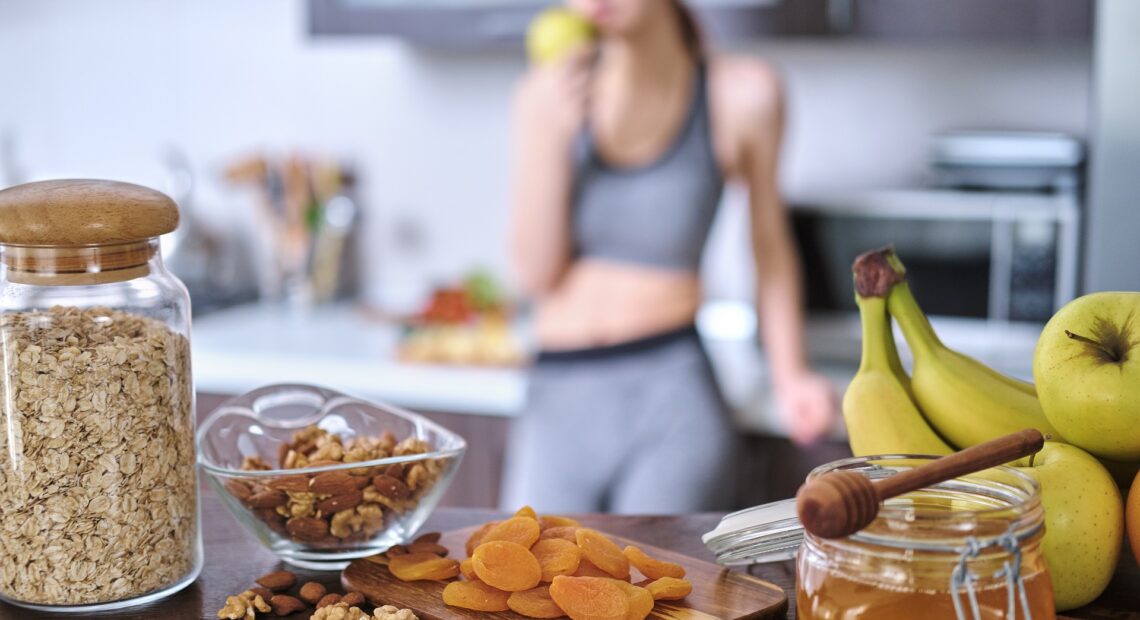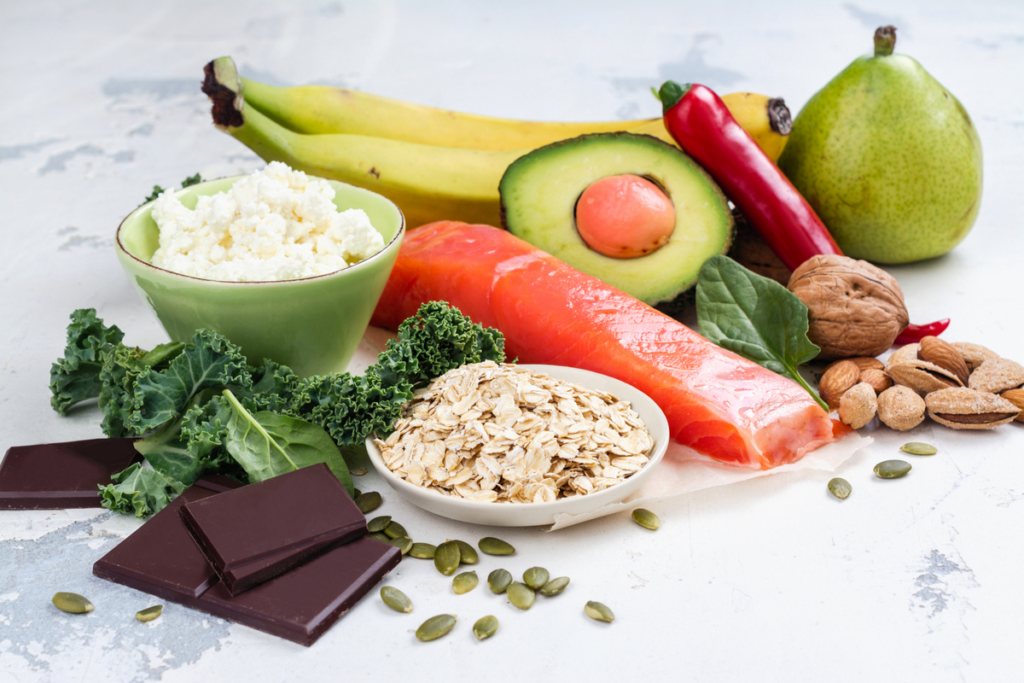The Best Foods for Boosting Your Energy Levels Naturally

Maintaining high energy levels throughout the day requires a well-balanced diet rich in essential nutrients. The right food choices can help sustain energy, enhance mental focus, and prevent the sluggishness that often follows energy crashes. Here’s a guide to the best foods for energy boost.
Carbohydrates: The Primary Energy Source
Carbohydrates are the body’s main source of energy. However, not all carbs are created equal.
Complex Carbohydrates
For sustained energy, opt for whole grains like brown rice, quinoa, and whole-wheat bread. Fruits and vegetables also provide a steady release of energy without causing spikes in blood sugar levels.
Quick Energy Boosters
If you need a rapid energy lift, bananas, oats, and sweet potatoes are excellent choices. These foods provide a quick source of fuel while still offering nutritional benefits.
Low Glycemic Index Foods
Foods with a low glycemic index, such as whole grains and high-fiber vegetables, release energy slowly, helping to avoid sudden crashes and keep you feeling energized longer.
Proteins: Building and Repairing for Energy
Proteins play a crucial role in muscle repair and maintaining energy levels.
Lean Proteins
Include lean meats, poultry, fish, eggs, and plant-based proteins like beans, lentils, and tofu in your diet to help sustain energy throughout the day.
Protein and Fiber Combination
Combining protein with fiber-rich foods, such as nuts and seeds, promotes a longer-lasting energy supply by slowing down digestion and preventing energy dips.
Healthy Fats: Essential for Sustained Energy
Healthy fats are a crucial component of an energy-boosting diet.
Omega-3 Fatty Acids
Fatty fish like salmon, along with nuts and seeds such as chia and flaxseeds, provide omega-3 fatty acids that support brain function and sustained energy.
Avocados
Avocados are an excellent source of healthy fats, which help in energy production. They can be added to salads, sandwiches, or smoothies for a nutritious boost.

Other Important Considerations for Energy
Hydration
Dehydration can lead to fatigue, so it’s essential to drink plenty of water throughout the day. Herbal teas and water-rich fruits and vegetables also contribute to hydration.
Iron-Rich Foods
Iron is vital for transporting oxygen throughout the body, and a deficiency can lead to fatigue. Include iron-rich foods like red meat, fish, and poultry in your diet.
B Vitamins
B vitamins are essential for energy production. Foods rich in B vitamins, such as eggs, dairy, leafy greens, and whole grains, help maintain optimal energy levels.
Limit Processed Foods
Processed foods and sugary drinks may provide a quick energy spike but often lead to crashes. Opt for whole, unprocessed foods to maintain stable energy levels.
Regular Meals
Skipping meals can cause energy dips. Eating regular, balanced meals and snacks helps maintain steady blood sugar levels and sustain energy throughout the day.
Caffeine in Moderation
While caffeine can provide a temporary energy boost, excessive consumption can lead to anxiety and disrupt sleep patterns, ultimately reducing energy levels.
Conclusion
By choosing the right combination of complex carbohydrates, lean proteins, healthy fats, and essential nutrients, you can naturally boost your energy levels and avoid the ups and downs associated with processed foods and sugar crashes. Staying hydrated, eating iron-rich foods, and ensuring adequate intake of B vitamins further support long-lasting energy. Incorporate these habits into your daily routine for sustained vitality and well-being.


